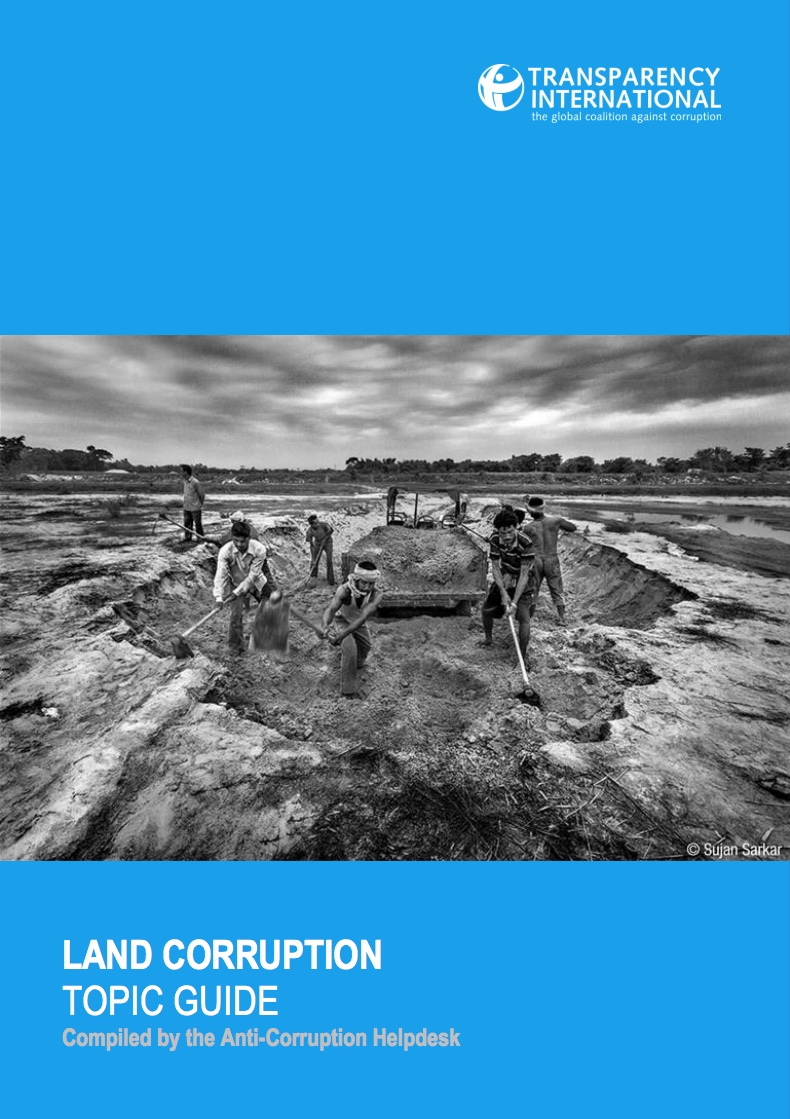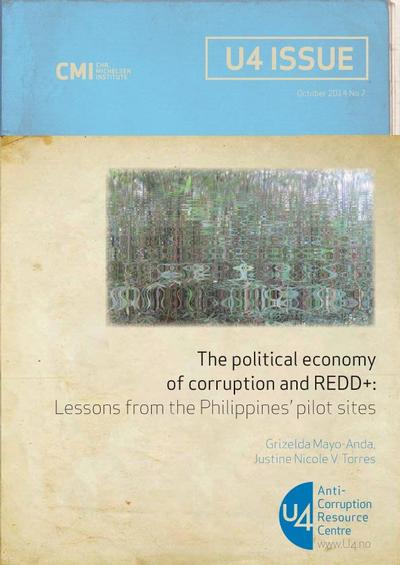Corruption in the Post-1991 Urban Land Governance of Ethiopia: Tracing Major Drivers in the Law
Rapid urban population growth and spatial expansion of urban centers have brought unprecedented demand for land in developing countries such as Ethiopia. The dramatic shifts in urban land tenure from Feudal System (pre-1974) to Socialist Land Policy (1974- 1991) and to the current system (post-1991) have left the urban populations uncertain about their property rights. The historical context coupled with the complex legal and institutional structure and the absence of proper records of rights and restrictions have invigorated corruption in the land sector.









